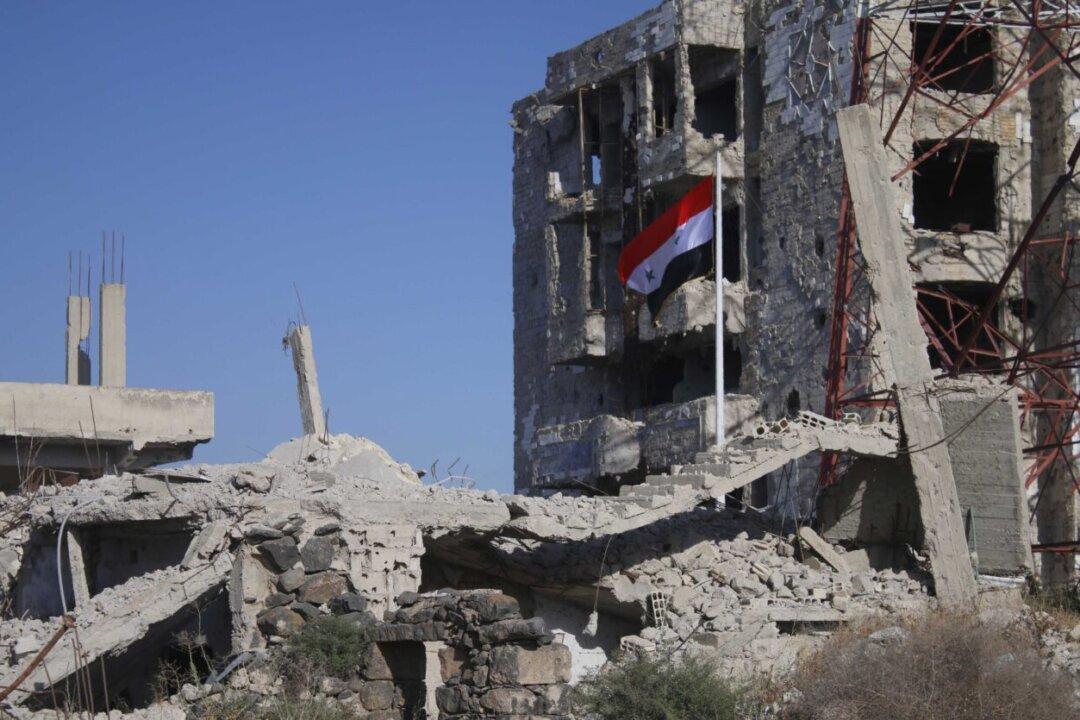Russian and Syrian jets resumed intensive strikes in rebel-held Idlib and Hama on Sunday, Sept. 9, according to residents and rescuers.
Damascus stepped up its assault on the rebels’ last major stronghold after a Russian-Iranian-Turkish summit failed to agree on a ceasefire.





